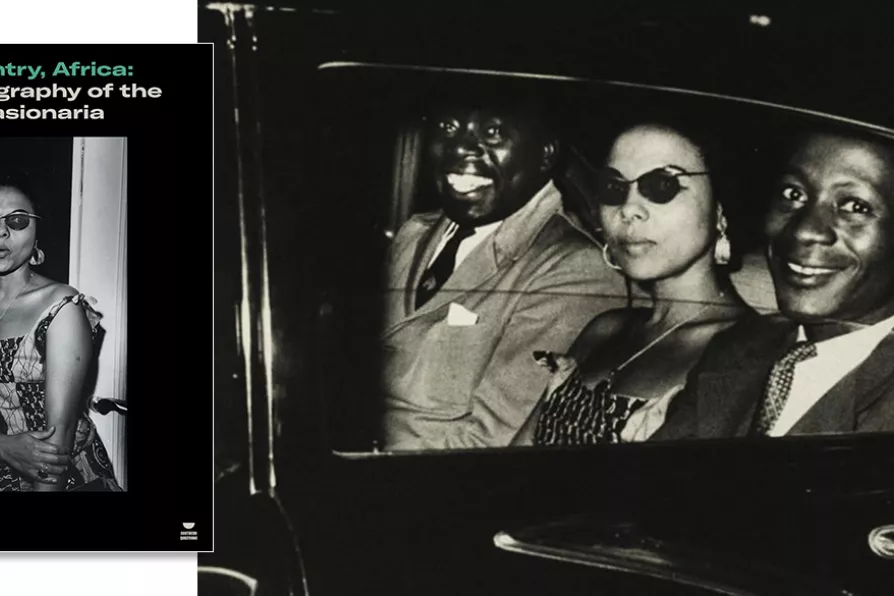RITA DI SANTO draws attention to a new film that features Ken Loach and Jeremy Corbyn, and their personal experience of media misrepresentation

 Andree Blouin, centre, Patrice Lumumba’s adviser and speechwriter, an image used for the film Soundtrack To A Coup D'Etat
[Modern Films/IMDb]
Andree Blouin, centre, Patrice Lumumba’s adviser and speechwriter, an image used for the film Soundtrack To A Coup D'Etat
[Modern Films/IMDb]
My Country, Africa: Autobiography of the Black Pasionaria
Andree Blouin, Verso, £18.99
THERE is much to unpick from the title alone of My Country, Africa: Autobiography of the Black Pasionaria.
The reference to Africa as a country describes the pan-Africanist philosophy of Andree Blouin, a mixed heritage woman born in the Central African Republic. It is important to understand that Blouin’s support for pan-Africanism — as she appears to interpret it, as a United States of Africa — does not mean she was a socialist. She was not.
Blouin makes it clear in this important book that her priority was fighting for the liberation of the African continent from colonial domination.

The horrors in the Congo have much in common with Gaza’s genocide, most notably the financial and military support of the US, writes LINDA PENTZ GUNTER

The Congolese independence leader’s uncompromising speech about 80 years of European colonial brutality and injustice went round the world in 1960, and within months, he had been executed by Belgian and CIA-backed forces, writes KEITH BARLOW












